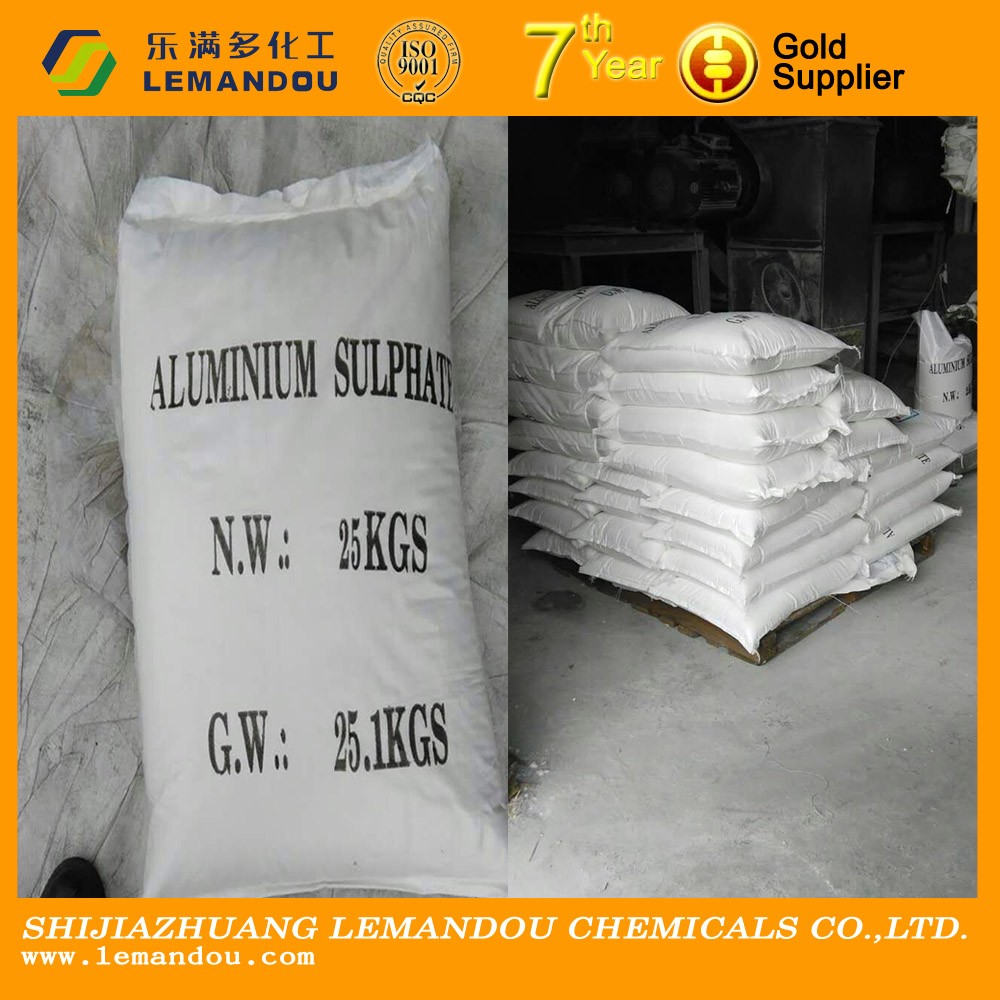Ammonium sulfate, a white crystalline salt with the chemical formula (NH4)2SO4, is a widely used compound in various industries, particularly in agriculture and food production. This inorganic salt is formed by the reaction of ammonia with sulfuric acid, resulting in a highly soluble product that plays a crucial role in enhancing soil fertility and crop yield.
In agriculture, ammonium sulfate serves as an effective nitrogen fertilizer. It provides plants with a readily available source of nitrogen, which is essential for their growth and development. Nitrogen is a key component of amino acids, proteins, and chlorophyll, making it vital for photosynthesis and overall plant health. Farmers often apply ammonium sulfate to crops such as corn, wheat, and rice to improve their nutrient uptake and boost productivity.
Beyond its agricultural applications, ammonium sulfate is also utilized in the food industry. It acts as a food additive, particularly in the production of baked goods, where it helps to enhance dough strength and improve texture. Additionally, ammonium sulfate is used in the brewing industry to promote yeast growth, ensuring a successful fermentation process.
Moreover, ammonium sulfate finds applications in various industrial processes, including water treatment, where it aids in the removal of impurities. Its ability to precipitate certain metals makes it valuable in the purification of water supplies.
Despite its many benefits, it is essential to use ammonium sulfate judiciously. Over-application can lead to soil acidification and negatively impact the environment. Therefore, farmers and industrial users must adhere to recommended guidelines to ensure sustainable use.
In conclusion, ammonium sulfate is a versatile chemical compound with significant applications in agriculture, food production, and industry. Its role as a nitrogen fertilizer and food additive highlights its importance in enhancing productivity and quality across various sectors.
Post time: Nov-18-2024






